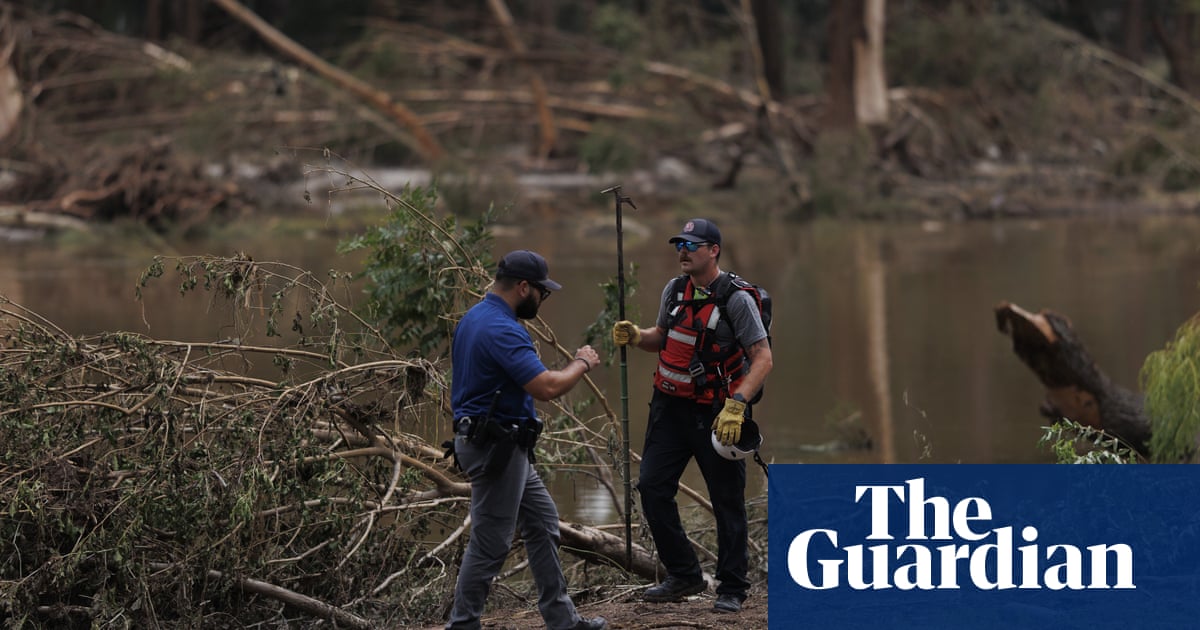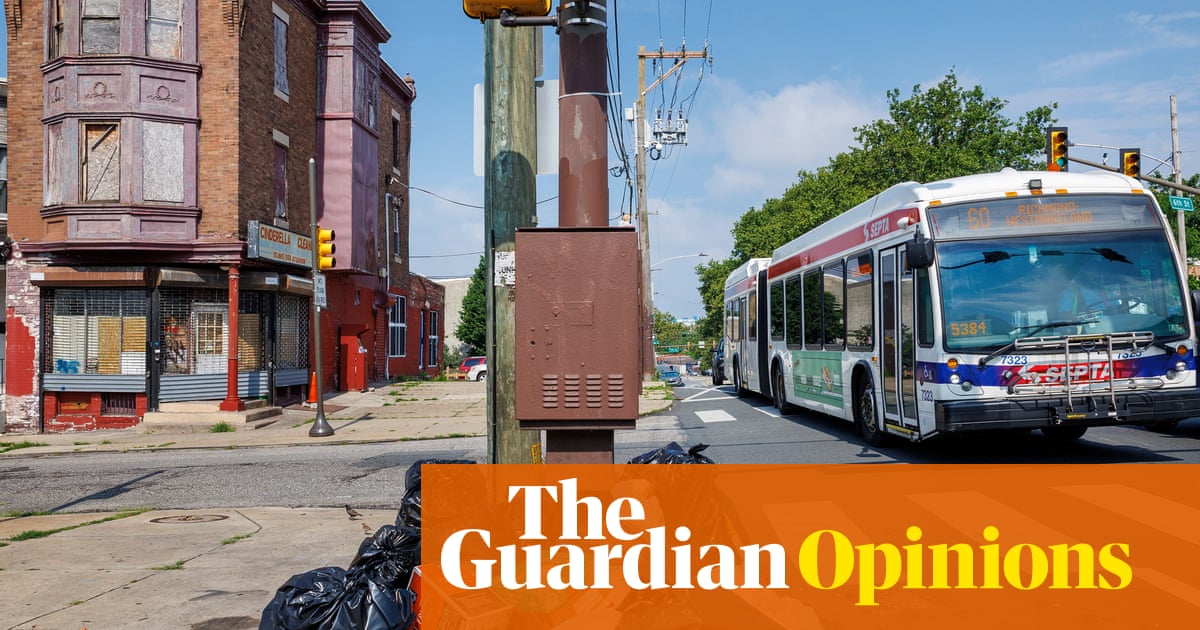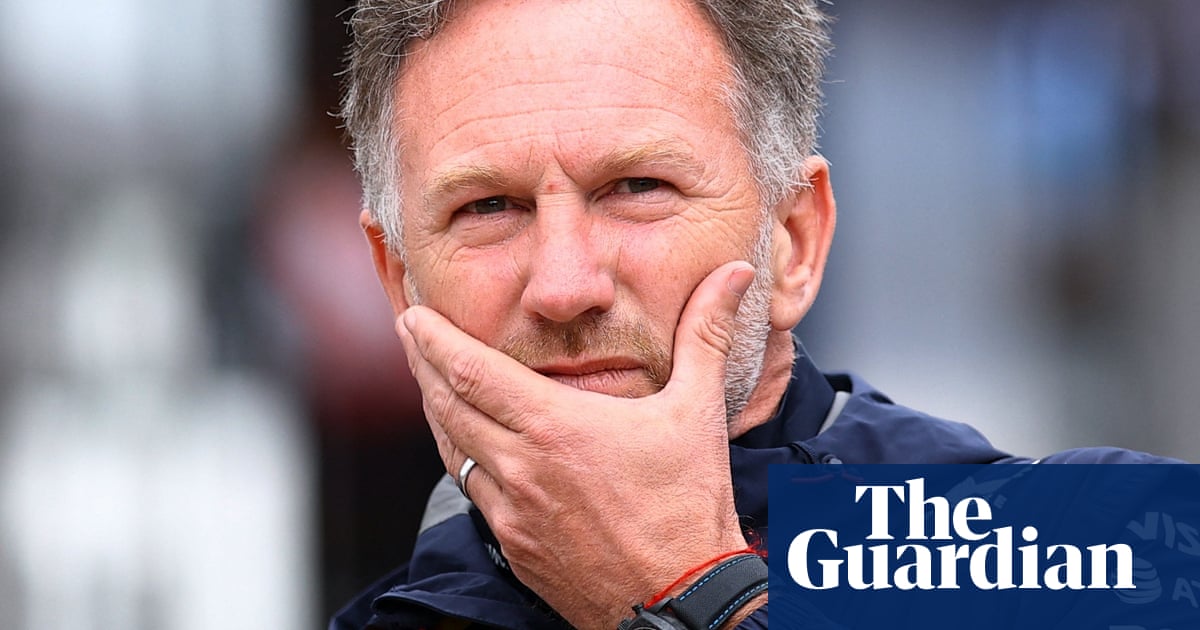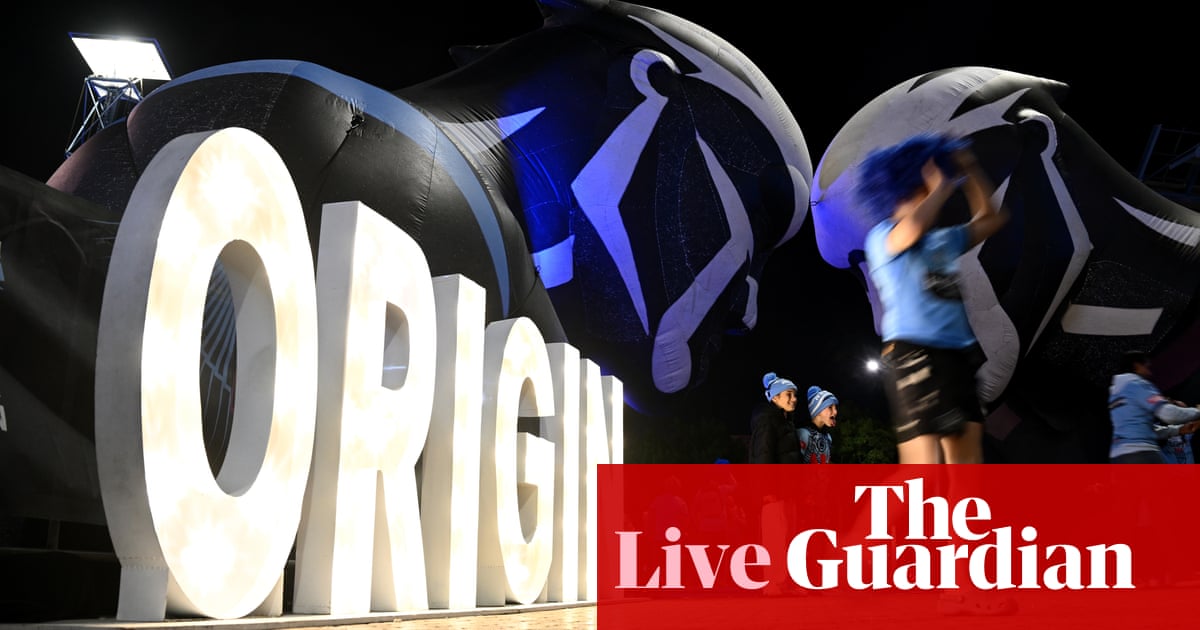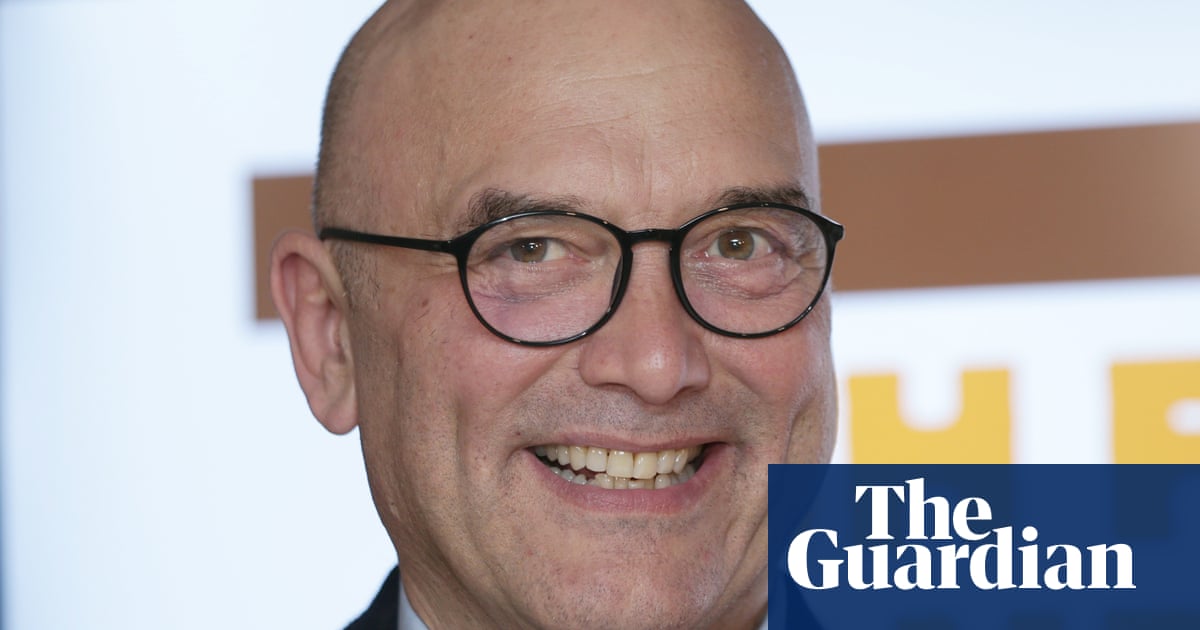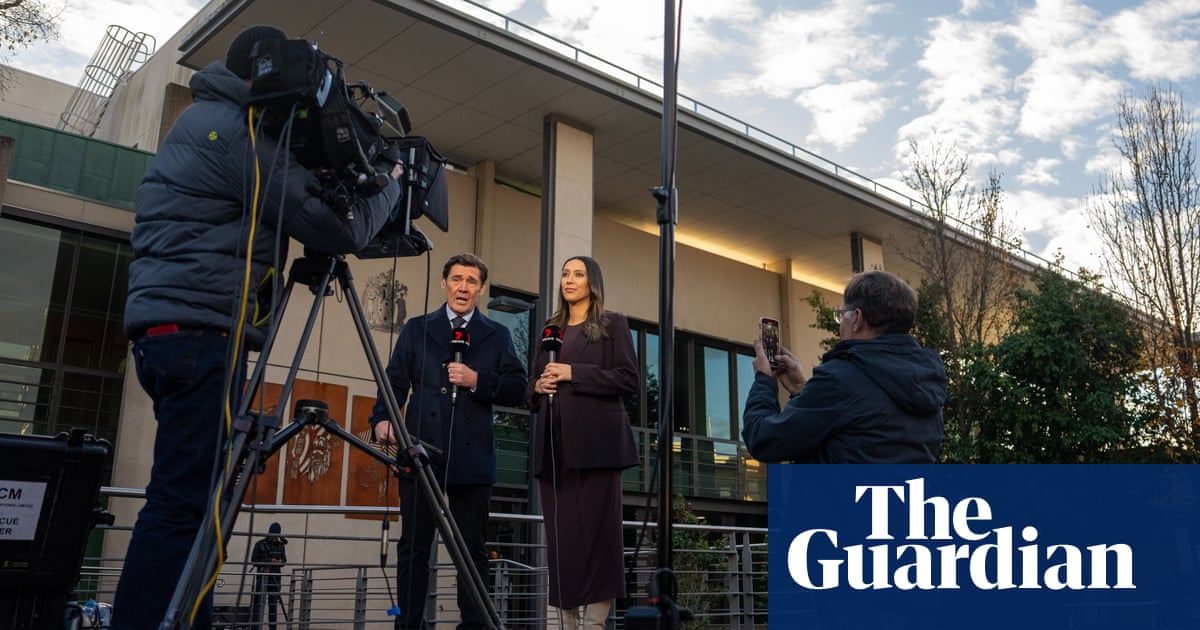At nine years old, Patience Nabukalu was devastated when her friend, Kevin, died in severe flooding that hit their Kampala suburb, Nateete, a former wetland. Witnessing deaths and the destruction of homes and livelihoods in floods made worse by extreme rainfall has had a profound impact on her.
She decided to try to bring about change – to do what she could to amplify the voices of those in the Ugandan communities worst affected by the climate crisis.
Now 27, Nabukalu is one of several young climate activists who travelled to London this week to attend what has been predicted to be the last in-person AGM held by HSBC. They will deliver a letter to the bank’s CEO, Georges Elhedery, urging him to stop financing the expansion of oil, gas and coal projects and harmful industrial agribusiness, and to stop providing money to companies that forcibly remove people from their homes to make way for such infrastructure.
“This is an opportunity to talk to real people, not just an HSBC office,” said Nabukalu, speaking before the meeting at the Intercontinental hotel. “I will be so happy to get the chance to hand over the letter and to ask: ‘Has HSBC measured the damage they have done by financing corporations that are driving the climate crisis?’”

The letter refers to a 2023 Action Aid report, which identifies HSBC as “the largest European financier of fossil fuels in the global south”, channelling $63.5bn (£48bn) into fossil fuel activities between 2016 and 2022.
The letter to Elhedery, from young people all over the world, refers to HSBC’s plans, announced earlier this year, to review its commitment to scaling back its financing of fossil fuels.
“This has made something very clear: you value profit margins and boardroom agendas more than the lives of millions of people bearing the full brunt of your decisions,” the letter reads.
Environmentalists criticised HSBC after it delayed key parts of its climate goals by 20 years, and watered down environmental targets in a new long-term bonus plan for Elhedery that could be worth up to 600% of his salary. In February, the lender said it was reviewing its net zero emissions policies and targets – which are split between its own operations and those of the companies it finances – after realising its clients and suppliers had “seen more challenges” in cutting their carbon footprint than expected.
The activists’ letter asks “that you not only stand by your commitments to end your support for the fossil fuel industry in line with what the science requires, but also put an end to all lending and underwriting for corporations involved in fossil fuel expansion”.
Nabukalu will also urge the bank to stop funding corporations that are backing the east African crude oil pipeline from Uganda to Tanzania. Once constructed, the pipeline would produce an estimated 379m tonnes of CO2 over 25 years. The main backers of the multimillion-dollar pipeline are the French oil company TotalEnergies and the state-owned China National Offshore Oil Corporation (CNOOC).
Nabukalu, who has visited people living along the proposed route, said: “This pipeline is already causing damage even before its construction. Thousands and thousands of people have been displaced. They were promised land titles, but have none. Their livelihoods have been sabotaged. They cannot build agriculture, the water table is low, so they have little access to water.
“These people should be at the centre of the bank’s decisions.”
“We will talk to HSBC and ask them to stop financing fossil fuels that are driving the climate crisis,” said Nabukalu. “By continuing to finance TotalEnergies they are destroying our future.”
A report published in April found that those displaced along the pipeline’s proposed route had reported being inadequately compensated and rehoused.
Some western banks have declined to fund it after pressure from a coalition of organisations and community groups.
A spokesperson for HSBC said: “We follow a clear set of sustainability risk policies which support our ambition to align the financed emissions in our portfolio to net zero by 2050. We do not comment on client relationships.”

 2 months ago
44
2 months ago
44
